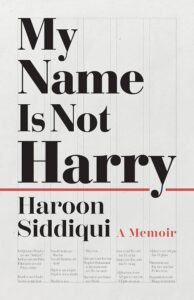 Haroon Siddiqui’s 2023 memoir, My Name is Not Harry, is a dazzling journey through Indian Sufism, pre-partition Muslim-Hindu harmony, the horrors of partition, a leap across the ocean to the middle of nowhere (sorry, Brandon Manitoba), finally finding his home at the Toronto Star, from whence, back to central Asia (Iran, Afghanistan, Pakistan, India during the tumultuous 1979+), hobnobbing with media and political stars, stopping for heart surgery, all the time building and defending his new multicultural faith, adding his own distinct, Muslim flavour to what it means to be a Canadian. A whirlwind tour of the 20th-21st centuries, as if by a latter day Muslim Christopher Columbus, one meant to try to undo the five centuries of imperialist horror that Columbus unleashed.
Haroon Siddiqui’s 2023 memoir, My Name is Not Harry, is a dazzling journey through Indian Sufism, pre-partition Muslim-Hindu harmony, the horrors of partition, a leap across the ocean to the middle of nowhere (sorry, Brandon Manitoba), finally finding his home at the Toronto Star, from whence, back to central Asia (Iran, Afghanistan, Pakistan, India during the tumultuous 1979+), hobnobbing with media and political stars, stopping for heart surgery, all the time building and defending his new multicultural faith, adding his own distinct, Muslim flavour to what it means to be a Canadian. A whirlwind tour of the 20th-21st centuries, as if by a latter day Muslim Christopher Columbus, one meant to try to undo the five centuries of imperialist horror that Columbus unleashed.
He relishes slaying the dragons of bigotry he encounters, starting with
*Winston Churchill, the racist. He who had labelled Indians ‘a barbarous people’, ‘a beastly people with a beastly religion’, ‘the beastliest people in the world next to Germans’. Who exacerbated the 1943 Bengal famine that had killed millions by insisting that Indian rice exports for the allied war effort not be interrupted. He who had called Gandhi ‘a naked fakir’ whom he wanted ‘bound hand and foot at the gates of Delhi and then trampled by an enormous elephant with a new viceroy seated on its back.’
*Even the Toronto Star‘s iconic Gordon Sinclair, who won fame in the 1930s with his dispatches form India – ‘the pagan peninsula’ with its ‘wild and woolly Hindus’, Brahmins, the supreme high hooper-doopers of this impossible land’, ‘scrawny, underfed untouchables’, impossible-looking beggars’ and ‘yowling idiots’. In tune with those times, [the Star] still going ga-ga over Sinclair well into my own time.
*On Iran, the only Muslim ‘experts’ and commentators on TV and in print were anti-revolution or anti-Khomeini, authenticating the worst of western prejudices. Anything different, such as mine, must have been a welcome novelty, brought to them by Canada’s largest newspaper.
*On 9//11, Rushdie see below.
One of those should-haves of his life as dragonslayer was at the annual press gallery dinner in Ottawa, where he hosted Solicitor General Robert Kaplan. When they were walking to dinner, Kaplan started waxing eloquently about his love for India and yoga but his dislike of Muslims! He assumed that being from India I could only be a Hindu. What a testament to power the Zionist Jewish mindset had/has over even a proud Muslim like Siddiqui. But bravo, Harry (sorry, Haroon) for owning up. That’s the great thing about him. He lives his multiculturalism, which means meeting the other on his/her grounds, looking for the middle ground, not stoking enmity.
Iranian Ayatollahs, Afghan communists
He shines on the thorniest issue, one of which confronted him soon after arriving at the Star, when he was sent off to Iran in 1979. Speaking Urdu (close to Persian) and fully versed in Sunni and Shia Islam, he was able to make sense of the chaos, making his way to Qom to visit Ayatollah Madari, Khomeini’s rival, who lived just down the maze of alleys from Khomeini, who was already commanding the revolution from his modest home there, rather than Tehran.
He was told it was impossible to meet with Madari, even for a Canadian Muslim, but when he revealed that he’d just come from Tabriz, where Madari’s People’s Republican Party followers had risen up against Khomeini, rejecting the Islamic state constitution, Madari relented. Madari wanted a secular state and ‘the sovereignty of the people’ not a person. He answered every question patiently for nearly two hours. That was his only interview in the wake of the revolt. It would be his last. He was placed under house arrest until his death six years later.
He also met with Morteza Pasandideh, 82, Khomeini’s older brother, who was quite jovial. Siddiqui admired them all for their stress-free lives, their inner peace all, living productive lives into their 80s or 90s. Qom is famous for sohan halwa (sweet sweet) made with pistachios, almonds and butter. Back in Toronto, he asked John Ralston Saul to taste and guess which enemy country it was from. Whatever it is, it could only have been made by a great civilization.
He toured the now-occupied US embassy and chatted amiably (sympathetically?) with the students about how they had pulled off the siege, overpowering the bulky Marines. They said their resolve got strengthened after seeing a large-size picture of Khomeini on a dartboard and several crude cartoons of Khomeini from American and British newspapers in the embassy. At Christmas they made cookies for their captives. An American priest who had come to perform the Christmas Mass said: We should be grateful that we are in a Muslim country and there are not drunk guards. Canadian Ambassador Ken Taylor told him: There are no anti-Canadian feelings here. No one has indicated any inclination to leave Tehran. There’s no panic. When he met Taylor later, he said: Mr Taylor, you’re a great liar. Taylor: That’s what I got paid for.
After an exhausting year in Tehran, the Soviets invaded (came to the assistance of) secular revolutionary Kabul and he was ordered to get there asap. But first he flew to the Iranian border and crossed into Afghanistan to meet a local tribal chieftain, who told him, ‘We’ll kick the bastards out.’ How to get there legitimately? Pakistan? Better India, which had good relations with the communists in Moscow and Kabul, so off to New Delhi and the Afghan embassy. Indira Gandhi never condemned the Soviet invasion. (How wise in retrospect.) In Kabul he was told not to go anywhere and only communicate through an official guide. Ha, ha! He snuck out the back door of his hotel, spoke to a soldier in Urdu, said ‘Canada’ and quickly found a local driver.
He credits Canada’s reputation for peaceful relations, a well-known eye clinic in Kabul. Off to (Shia) Herat where he heard Long live Islam, Long live Iran! He bought a Russian fur cap but was told never to wear it in public or he might be shot. He left via Pushtunistan to Jalalabad, Pakistan, where he met the legendary 91-year-old frontier Gandhi Khan Abdul Ghaffar Khan, who like the Siddiquis had protested the division of India. He was ailing but contemptuous of Soviet attempts to appease religious Afghans. Everything in Afghanistan is done in the name of religion. But this is a political religion, not the religion of Islam and Allah and Muhammad. Communism has nothing to do with religion. It has to do with the stomach. The Russians knew this and tried to convince the Afghans that they could keep their religion, but it was too little, too late. The Russians refused to try to treat their Gandhi, fearing if he died, they would be accused of killing him.
He pressed on to the Khyber Pass, the route for a stream of invaders – Cyrus, Darius, Genghis Khan, Alexander, the Mughals. Tribal chief Mohammed Gul told him: if the Iranians can knock off the Shah and the Americans, we certainly can kick out the Russians. He saw that resistance was beginning to jell within weeks of the Soviet occupation. It took a decade for the Soviets to depart, the US and allies, including Canada, taking double the time to conclude that Afghans have both the courage and patience to bleed any occupier dry.
This being the days before internet, getting copy out required ingenuity. Siddiqui would go to the airport on the days Indian Airlines came to Kabul, meet the crew and cajole/tip them into taking copy and dropping it off at the Reuters news agency in Delhi for forwarding to Toronto. He also went on the day Pakistan International Airlines came just in case. Later he was told everything came, sometimes twice. He met Brzezinski in Peshawar (!) but he wouldn’t give Siddiqui the time of day.
Following the Iraq-Iran war, he was disgusted that western media ignored the poison gas supplied to Iraq by American, German, French, Dutch, Swiss and Belgian companies. On the Iranian front line he hid from Iraqi snipers and marveled at how soldiers dying from gassing were rushed from the front to Tehran hospitals. He was appalled by Khomeini’s hitman, a sadistic prosecutor Ayatollah Sadegh Khalkhali, the hanging judge. Later in Paris, he met Bani Sadr, the first president, who had been impeached and fled the country disguised as a woman in a chador, in an Iran Air Force jet piloted by a sympathizer. He laments that US hostility prompted Khomeini to restart the nuclear program begun under the Shah, after ending it as unIslamic.
Siddiqui’s credo
I must admit, I’ve become jaded about multiculturalism. Toronto is now mostly first or second generation immigrants. Our culture feels shallow and American now. I find the turban-wearing Uber electric scooters grazing me unawares on bike paths frightening, and pointless, as they ferry onion rings to lazy people with too much money. I bemoan the lack of interest in Canadian history, our struggle to define an identity that’s not American. Most immigrants really would prefer big, rich, warm America to Canada and would have no problem if the US decided to invade. What has happened to Canadian culture?
But then I’ve become equally jaded about our heroic history. We are all immigrants, in the case of the paleface, mostly riff-raff, having decimated our poor brown natives. The post-WWII immigrants from brown countries like Siddiqui’s India/ Pakistan are mostly university-educated, the elites of their countries, so they really are a step up from my Irish-English-Swedish peasant ancestors.
But then, I find that equally disturbing. We stole the land from the real Canadians. Now we steal the intellectual wealth from poor countries. Sure we’re richer; the imperialist ‘centre’ is always richer. Our Canadianism was and is still a fraud. So, white flag, hello multiculturalism, for better or worse. But one that should give first place to our natives as the real owners, spiritually, of the land. And no more stealing, whether it be minds from ‘over there’, or land here or ‘over there’. That means Israel, our ‘best friend’, according to PM Harper in 2013 and PM Trudeau in 2015.
Siddiqui is unapologetically for mass immigration and has no time for the ecological problems that mass migration entails. He boasts having visited India 50 times in 40 years, not to mention his other peregrinations. That grates. Yes, brown/black is just as good as white, but what’s holding us together anymore? I don’t know, but I’m happy for Siddiqui, who at least has helped Canada transform from a country of bigotry and chauvinism to … a nice, tame, bland cosmopolis.
His journey through the swinging ’60s into the terrible ’20s is an upbeat panorama of not only Canada at its peak of popularity and feel-goodness, but, reading between the lines, also the decline of Canada, its loss of feel-good innocence transformation into an unapologetic toady of US empire. He took pride in being Canadian when Ambassador Taylor helped US hostages escape Tehran in 1980, when Chretien refused to go along with the invasion of Iraq in 2003, but it’s been downhill since then, with Harper’s disastrous commitment of Canadian troops to Afghanistan, his open Islamo- and Russophobia, his worship of Israel. While Trudeau has welcomed Syrian refugees (and now Afghans, fall out from Harper’s war), he did not fulfill his pledge to renew relations with Iran, despite the Iranian exile community’s pleas. His Russophobia is pathetic. Multiculturalism is looking mighty threadbare.
Yes, following Trudeau senior, Siddiqui’s credo is that all cultural communities have ‘the right to preserve and develop their own cultures within Canadian society’, which he notes is the ethos of India, best articulated by Indian novelist Shivaram Karanth: There’s no such thing as Indian culture. Indian culture is so varied as to be called cultures. But what has happened to India’s multiculturalism under arch-Hindu nationalist Modi?

Star Foreign Editor Jimmy Atkins (R) with Star chair John Honderich, South African President Nelson Mandela & first lady Graca Machel, Star editorial board editor Haroon Siddiqui.
Free trade, Sikhs, Laïcité
Siddiqui gets along with everyone, doesn’t drink or smoke (anymore), a model Muslim in the House of War. He traces his ancestors to the first caliph Abu-bakr Siddiq, and second caliph Umar al-Khattab al-Faruq. A worthy disciple of the Prophet Muhammad, the multiculturalist par excellence. The fearsome Bee (Star editor-in-chief Beland Honderich) famously got along with Haroon. Siddiqui started from scratch in Brandon (no halal, no yogurt in 1968), then the Star, rising quickly through the ranks to foreign correspondent, front page editor, editorial page editor, and finally columnist, all the time the only Muslim in mainstream Canadian media.
He and the Star were against Mulroney’s ‘free’ trade pact with the yankee devil, realizing it was only good for fat cats. He has acted as a public spokesman explaining the problems of all immigrants and BIPOC, an acronym he promotes. He highlights the racism which feeds on the changing demographics from white to nonwhite, recountiing a Tanzanian immigrant pushed onto Toronto’s subway tracks, crippling him, and the existence of a KKK chapter operating openly in Toronto.
The case of Sikhs is thorny. Sikh Canadians were mostly quietist, but when Sikh separatists were ejected from the Golden Temple by Indira Gandhi in 1984, she was assassinated, and Sikh separatists blew up an Indian Airlines plane full of Hindu Canadians in 1985. This still ranks as Canada’s worst such tragedy, but was downplayed by the Canadian government with the investigation bungled by the RCMP, as anti-Sikh/ Hindu racism grew. And it continues, the latest being a hit job on a (Sikh separatist) Canadian, openly, by India’s militant Hindu nationalist government. Multiculturalism is easily abused and hard to defend.
To their credit, the Sikhs in Canada have bounced back, entering politics (Justin Trudeau boasted more Sikhs in his cabinet than Modi), joining the RCMP, police, army, working hard, being good citizens. The bad apples didn’t spoil the whole barrel, though Sikhs have no use for India, and they really did capture the lackluster leadership convention of the NDP out of nowhere in 2017. The unlikely NDP leader Jagmeet Singh has been earnest, if not inspiring.
How does this multiculturalism pan out? Quebec separatists don’t like immigrants much, as they are not interested in living in a parochial, xenophobic province, and have enough trouble learning passable English, let alone Quebecois. They voted en masse against independence, and the pesky Muslim women want to wear hijab or worse, niqab. Vive la laïcité. Quebec has chosen to copy France’s punitive banning hijab and other restrictions. Still, English and French get along.
Tribalism, French vs English, Sikhs vs Hindus, Buddhists remains strong. That contrasts with Muslims, who quickly drop their ethnic identity for universal Islam and Canadianism (84% cite being Muslim and 81% cite being Canadian as their primary identity), as I’ve noticed at Muslim conferences, where a truly united nations reigns. That brings us to Jewish Canadians vs Muslim Canadians, the most tragic stand-off of the past century. Siddiqui doesn’t go to this forbidding territory. On the contrary, (wisely) he has spoken to Bnai Brith and Canadian Jewish Congress gatherings and kept a low profile as a Muslim Canadian. As the sole prominent Muslim journalist here, he was operating in enemy territory, as his encounter with Kaplan confirmed.
Enlightening Canadians on things Islamic
More important, he wrote engagingly about Muslims in Toronto, which hosts the largest Iranian emigre community after the US, mostly in ‘Tehronto’, a mix of pro- and anti-Khomeini, but able to live peacefully, all agreeing that the Canadian government nonrecognition of Iran and boycott is bad politics for everyone. His appreciation for this ‘great civilization’ contrasts with the negative press that Iran uniformly gets here.
Siddiqui realized quickly that Canadian media coverage and commentary ‘smelled of American propaganda’ and the US and allies were inflicting too many horrors on Muslims and Muslims lands. In 1988, the US warship Vincennes shot down an Iranian civilian airliner killing 290, prompting Bush I to boast: I will never apologize for the US. I don’t care what the facts are. Instead, Washington awarded medals to the captain and crew of the Vincennes. Did any other mainstream journalist note this then or now? He refused to blacken Islam after 9/11. Now a columnist he wrote his third post-9/11 column ‘It’s the US foreign policy, stupid,’ causing a storm of letters to the editor, a majority ‘thank you for saying it’.
Ismailis came in 1972, expelled by Idi Amin of Uganda, joined later by Ismailis from Kenya and Tanzania. Self-reliant, educated, entrepreneurial, they inspired the Aga Khan to build a museum of Islamic culture in Toronto in 2014, the only such museum in the West. Ironically it was officially opened by arch-Islamophobe PM Harper. We celebrate today not only the harmonious meeting of green gardens and glass galleries. We rejoice above all in the special spirit which fills this place and gives it its soul. But then, to Islamophobe Harper, Ismailis are Islam-lite, not considered real Muslims by most.
There are two chapters dealing with the ummah: Cultural Warfare on Muslims, and Harper and Muslims (In his ugliness, he was well ahead of Trump – and more effective). Some particularly painful episodes he covered:
*Harper invited (till then terrorist) Modi to Canada in 2014 when first elected, accompanying him to Ottawa, Toronto and Vancouver,
*He established an office of religious freedom, which he unveiled at a Mississauga Coptic church. He announced the position of a new ambassador of religious freedom at the Ahmadiyya mosque in Vaughan, defending Christian and other minorities in Muslim nations, doing nothing for Uighurs, Rohingyas, Shia in Saudi Arabia and Pakistan.
I could go on – I haven’t even got to the Rushdie circus – but I urge all Muslim Canadians, no, all Canadians, to read for yourselves. Siddiqui provides an excellent survey of all the post-9/11 Islamophobic nonsense, especially in Euroland.
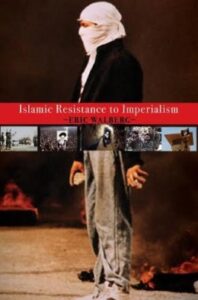 The West has discredited democracy by allowing anti-Islam and anti-Muslim discourse to be one of our last acceptable forms of racism and bigotry. It’s in this milieu that Rushdie and the Rushdie affair have thrived. Has Rushdie been exploiting western prejudices or has the West been using him as a shield for its own prejudices? Or is this a case of mutual convenience?
The West has discredited democracy by allowing anti-Islam and anti-Muslim discourse to be one of our last acceptable forms of racism and bigotry. It’s in this milieu that Rushdie and the Rushdie affair have thrived. Has Rushdie been exploiting western prejudices or has the West been using him as a shield for its own prejudices? Or is this a case of mutual convenience?
Having rid ourselves of Harper, how quickly we forget the pain when it stops. As it has under Trudeau Jr. For all his silliness and US-Israel fawning, Justin Trudeau is true to his father’s legacy, and undid much of Harper’s bigotry, especially relating to Muslims.
We should be wary of letting the unrepentant Conservatives take back Parliament Hill. However, I don’t think it’s possible to relaunch the Harper take-no-hostages Crusade. 9/11 (whoever did it) is what motivated me and many more to become a Muslim, and October 7 is now rapidly expanding the Muslim ummah, especially in the West, the heart of the beast. The trouble for the Harpers is that the more Islam and Muslims are reviled, the more Muslims (re)turn to their religion. But then that’s the way of imperialism, creating its enemies, stoking them, as Israel did with Hamas, thinking they can then pick off the ‘terrorists’, ‘mow the grass’.
Siddiqui draws from his experience surviving partition in India, adhering to Shaykh Madani’s view that ‘there is too much diversity within Islam for democracy to work, that an Islamic state would inevitably be authoritarian.’ Saudi Arabia, Pakistan, Iran are the leading examples. The best protection for peoples of faith was a democratic state that stayed neutral between faiths and advanced mutual respect.
The Harpers accuse Muslims of being unwilling to integrate. Canada, Britain and the US are shining examples of the opposite.
*In the 2021 federal election 12 Muslims won seats. Two hold senior Cabinet portfolios: Omar Alghabra and Ahmed Hussen.
*In Britain, in 2019, 19 were elected. Sadiq Khan has been mayor of London since 2016.
*Humza Yousaf became first minister in Scotland in 2023, the first Muslim to lead a western nation. When Khan was sworn in as a member of the Privy Council at Bukhingham Palace in 2009, it was discovered there was no Quran in the palace, so he brought his own and left it as a present to the Queen.
*In the US 57 Muslims were elected in 2020. Keith Ellison, the first member of the House was sworn in on a copy of the Quran owned by President Jefferson, who had bought an English translation out of the ‘desire to understand Islam on its own terms.’
*Arab and Muslim entertainers, stand-up comedians, writers, actors, Little Mosque on the Prairie …
*To welcome Syrian refugees arriving in Canada, Ottawa French public schools joined to sing Talaʽ al-Badru ʽAlaynā, which went viral on YouTube.
Siddiqui’s openmindedness and lack of prejudice are his not-so-secret weapon, able to find common humanity where western propaganda serves up bile. To no small degree, thanks to Haroon and other new (brown) Canadians, Marshall McLuhan’s global village is a reality at home, the most successful heterogeneous experiment in human history.
ENDNOTES
The post
Haroon Siddiqui’s My Name is NOT Harry first appeared on
Dissident Voice.
1 Dar al-harb vs Dar al-Salam, House of Peace, referring to the Muslim world.
2 Quran16:13 And all the [beauty of] many hues-which He has created for you on earth: in this, behold, there is a message for people who [are willing to] take it to heart.
3 Black, indigenous, people of colour.
4 Half of Muslim Canadians consider their ethnic identity as very important. Statistics Canada, ‘The Canadian Census: A rich portrait of the country’s religious and ethnocultural diversity,’ 2022.
5 Siddiqui, My name is not Harry: A memoir, 392.
6 (طلع البدر) nasheed that the Ansar sang for the Islamic prophet Muhammad upon his arrival at Medina from the (non)battle of Tabuk.
This post was originally published on Dissident Voice.
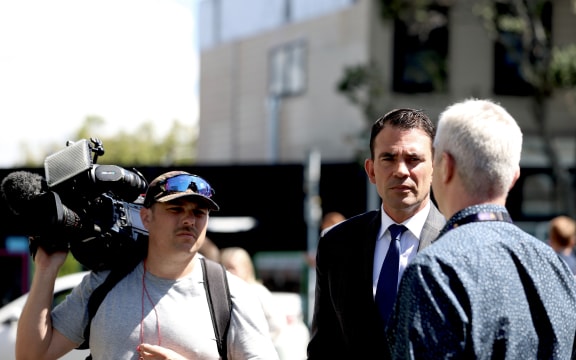
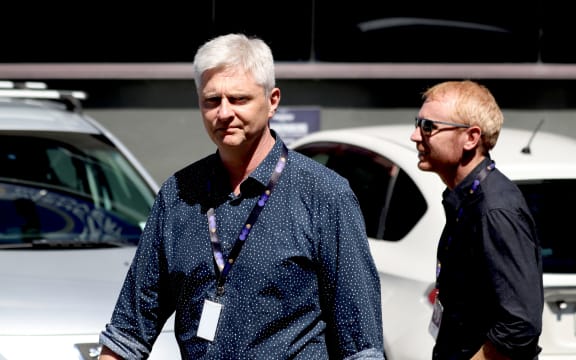
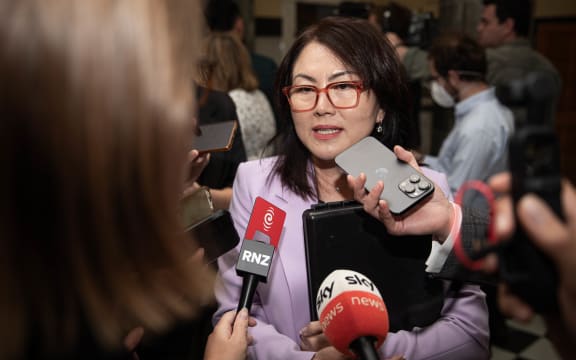
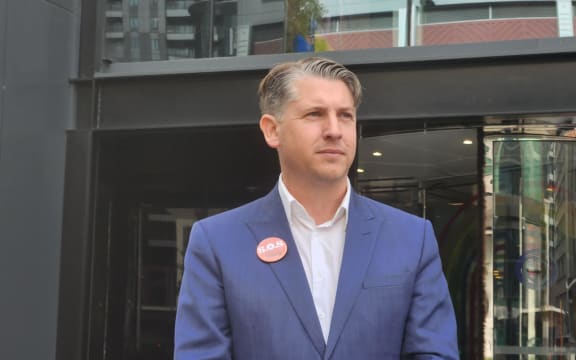

 (@LongCovidAdvoc)
(@LongCovidAdvoc) 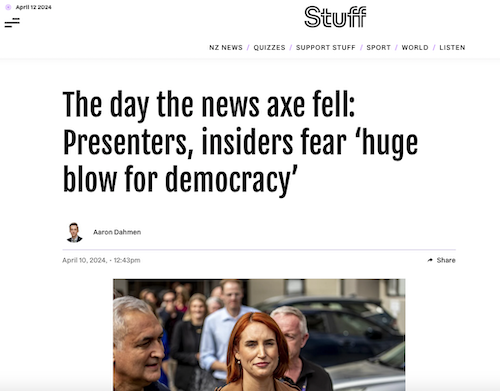

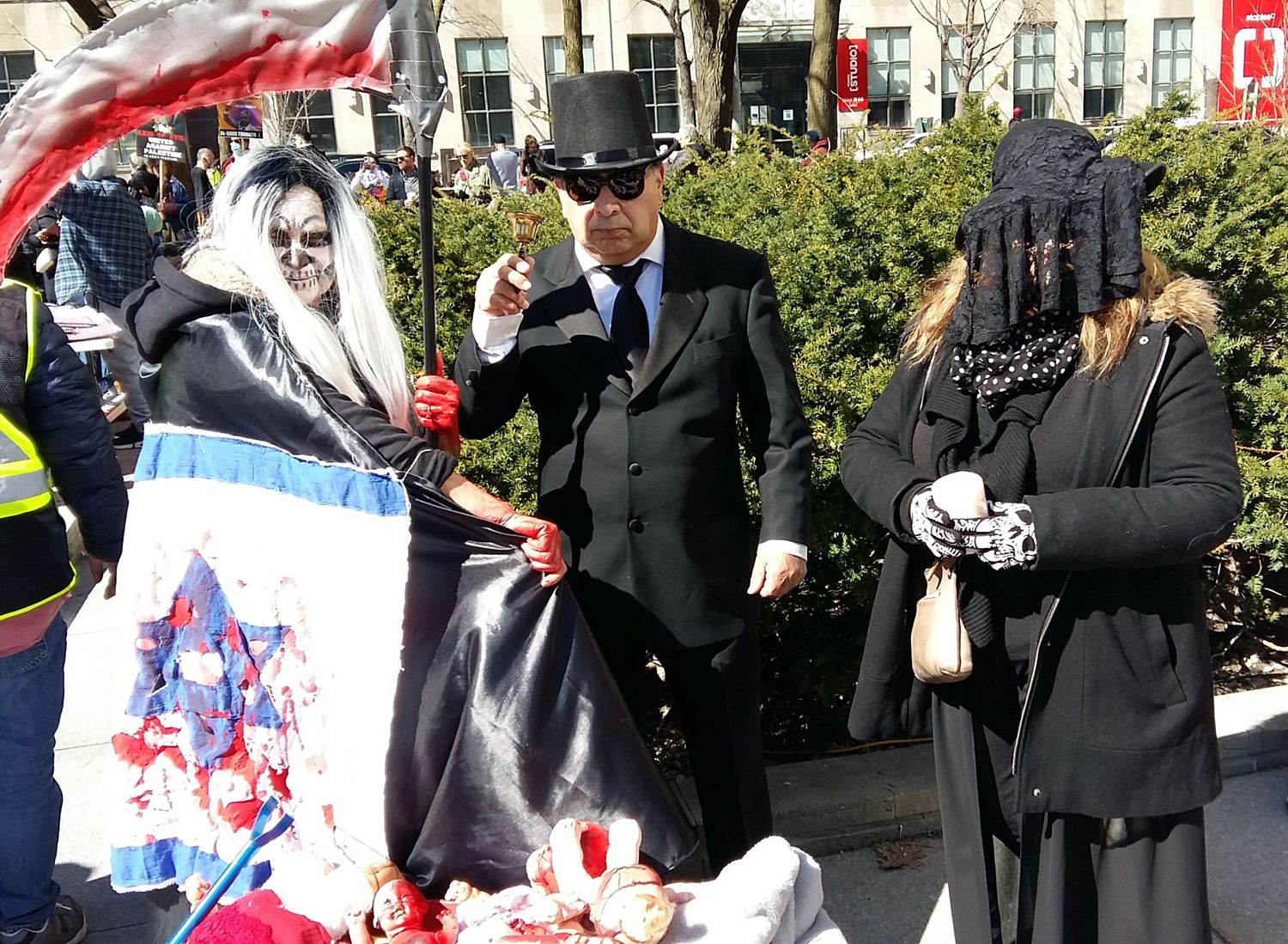 The star attraction was the Grim Reapess (feminine of reaper?) with a wagon of baby dolls covered in blood, her hubbie in top hat ringing the bell of the Apocalypse. And an outsize Palestinian flag which an agile volunteer weaved among the marchers, fluttering in the breeze (and in our faces), like we were a flotilla come to rescue the Palestinians from starvation.
The star attraction was the Grim Reapess (feminine of reaper?) with a wagon of baby dolls covered in blood, her hubbie in top hat ringing the bell of the Apocalypse. And an outsize Palestinian flag which an agile volunteer weaved among the marchers, fluttering in the breeze (and in our faces), like we were a flotilla come to rescue the Palestinians from starvation.




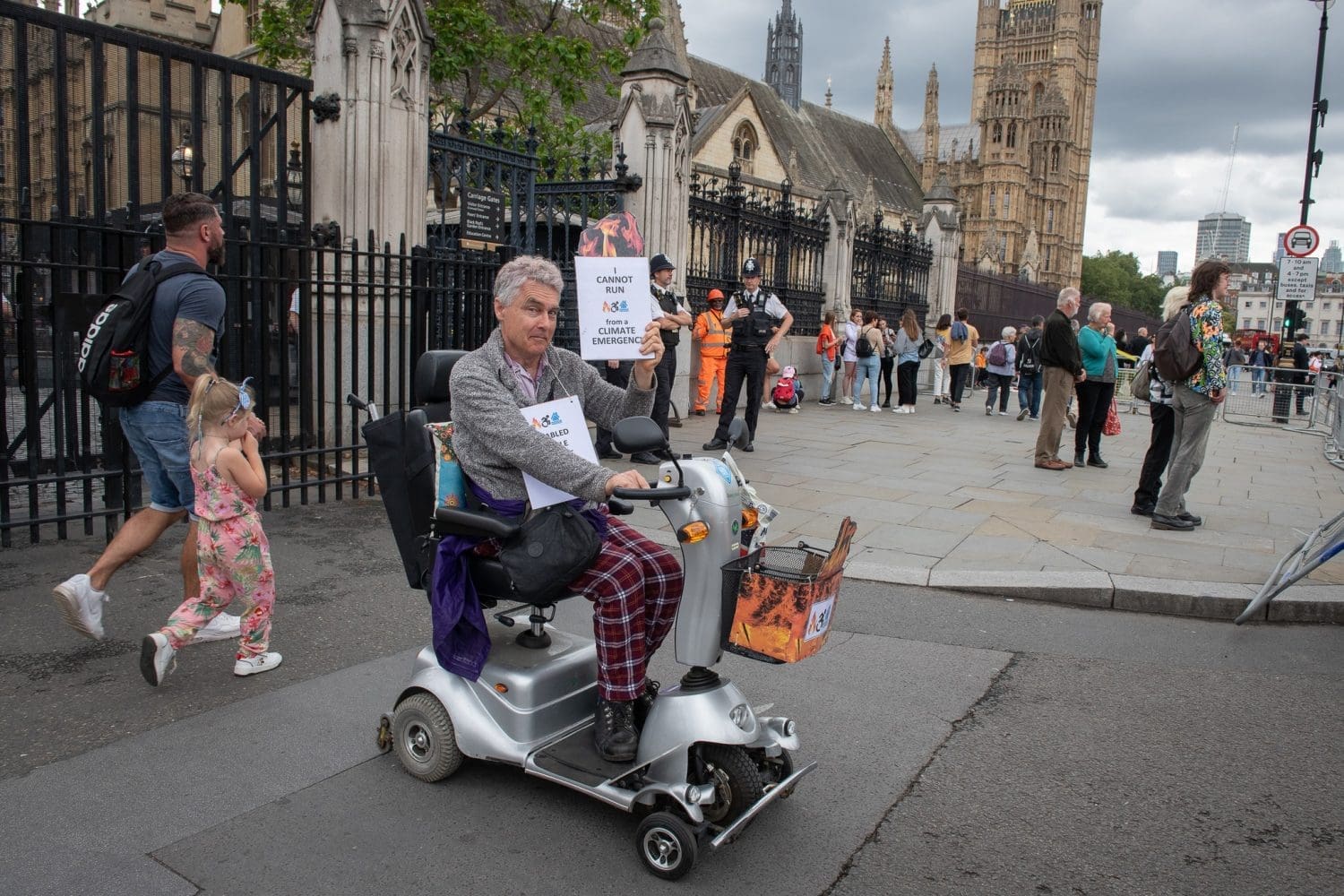
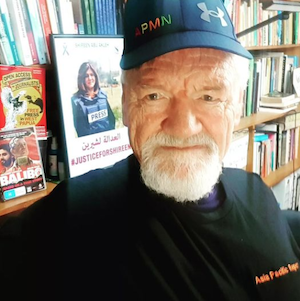
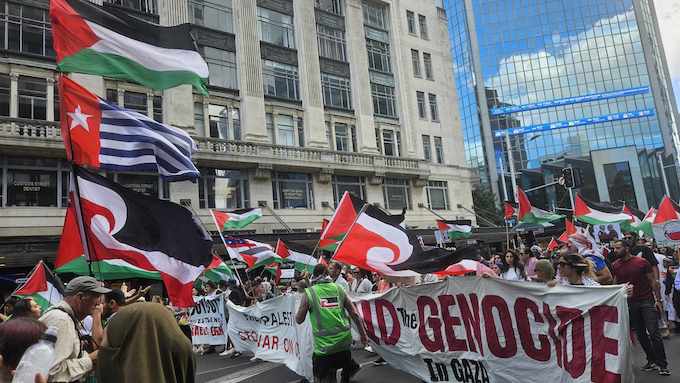
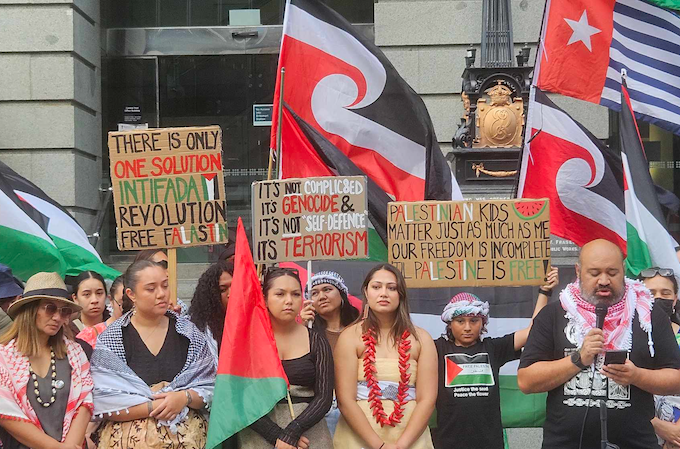
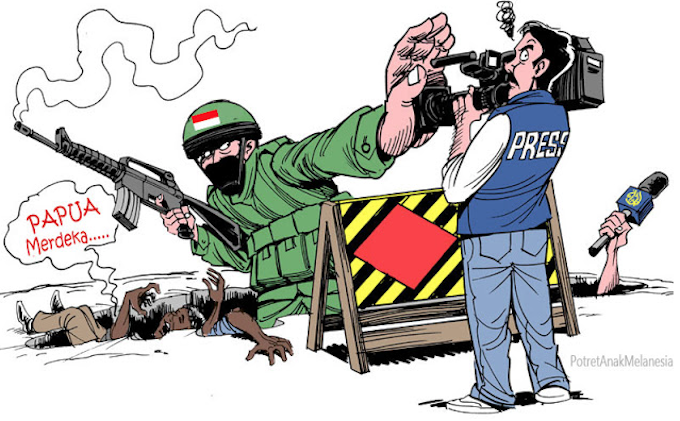
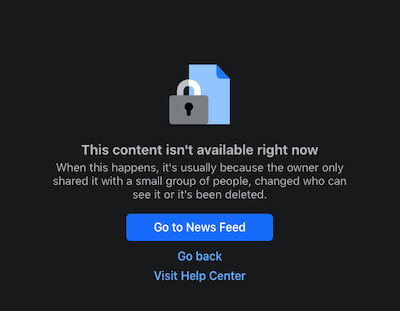
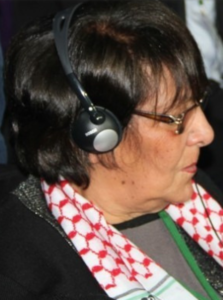







 vision toward a clean & equitable future, & instead, we get talking points from the '70s.” “We should be skeptical of solutions touted by the industry… they have no interest in halting the climate crisis.” — Jeff Ordower,
vision toward a clean & equitable future, & instead, we get talking points from the '70s.” “We should be skeptical of solutions touted by the industry… they have no interest in halting the climate crisis.” — Jeff Ordower, 

 Traverse Productions
Traverse Productions  (@morabito_molly)
(@morabito_molly)